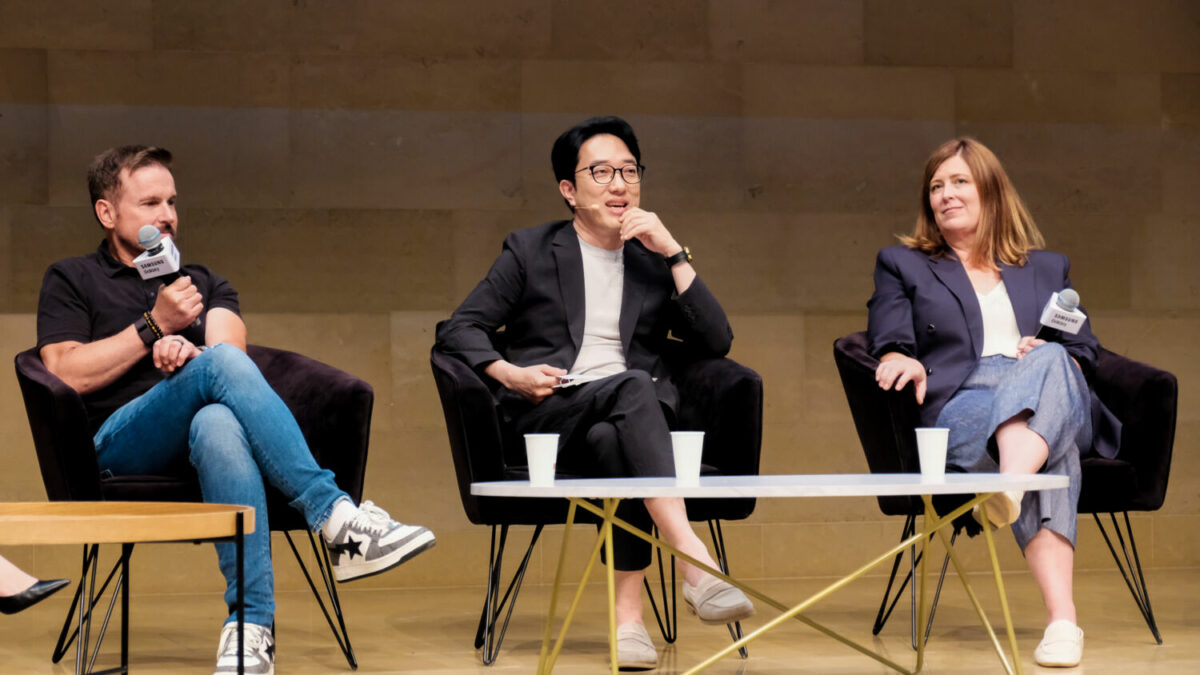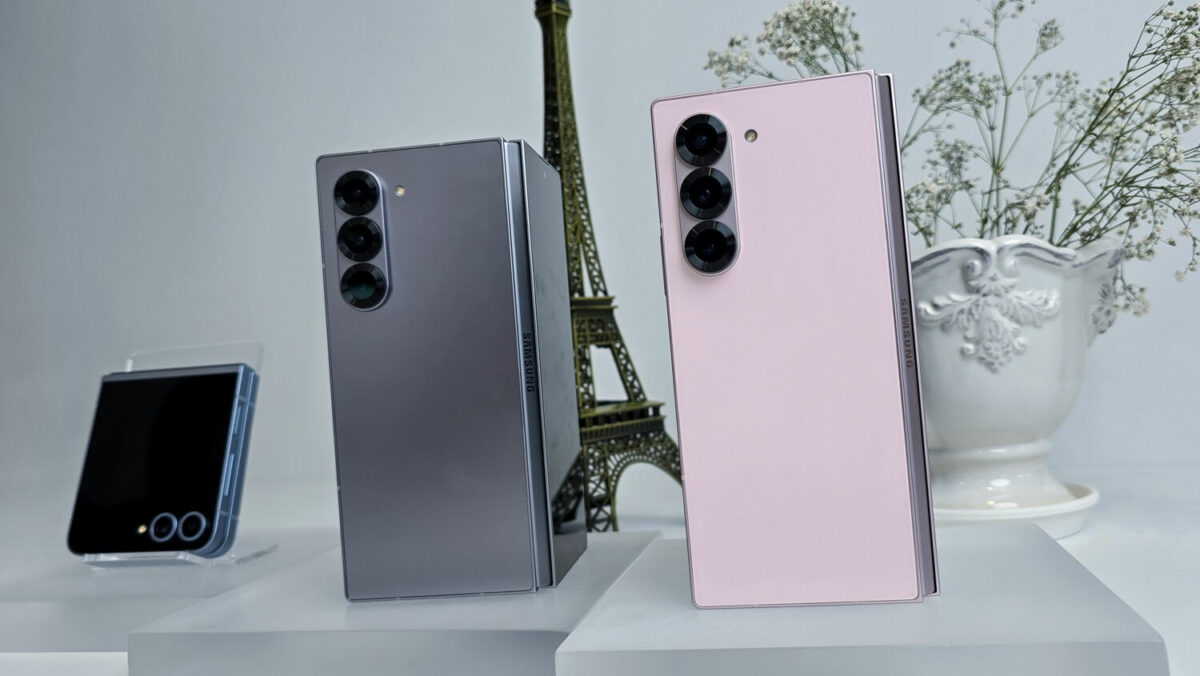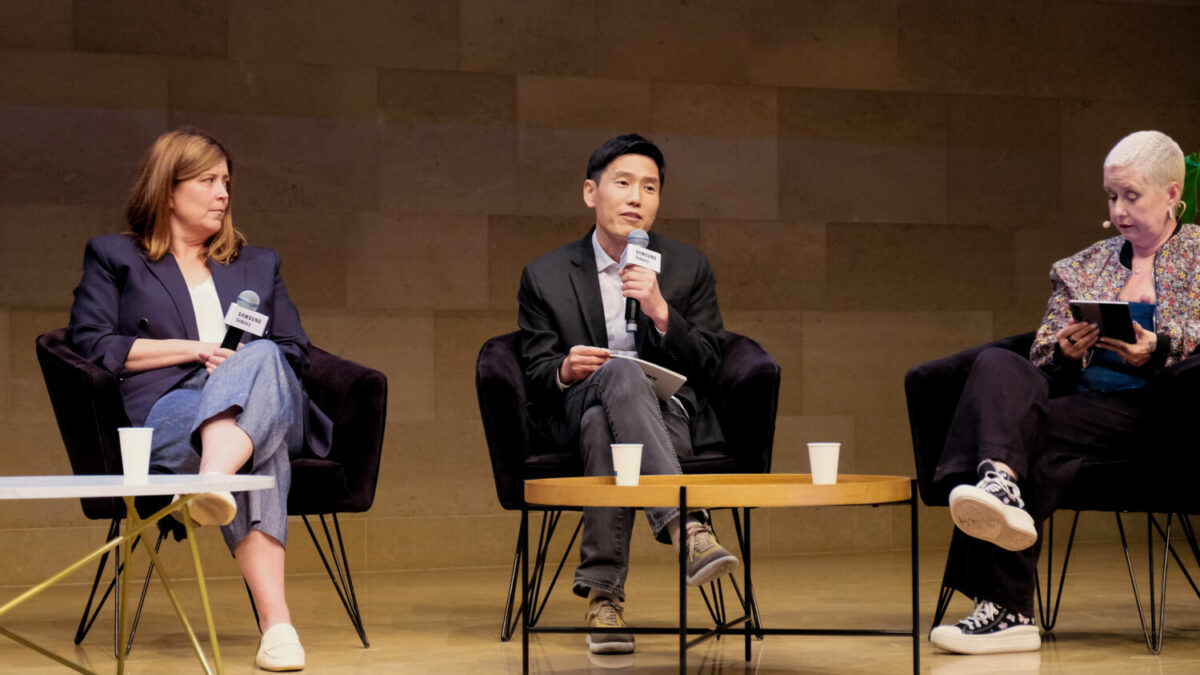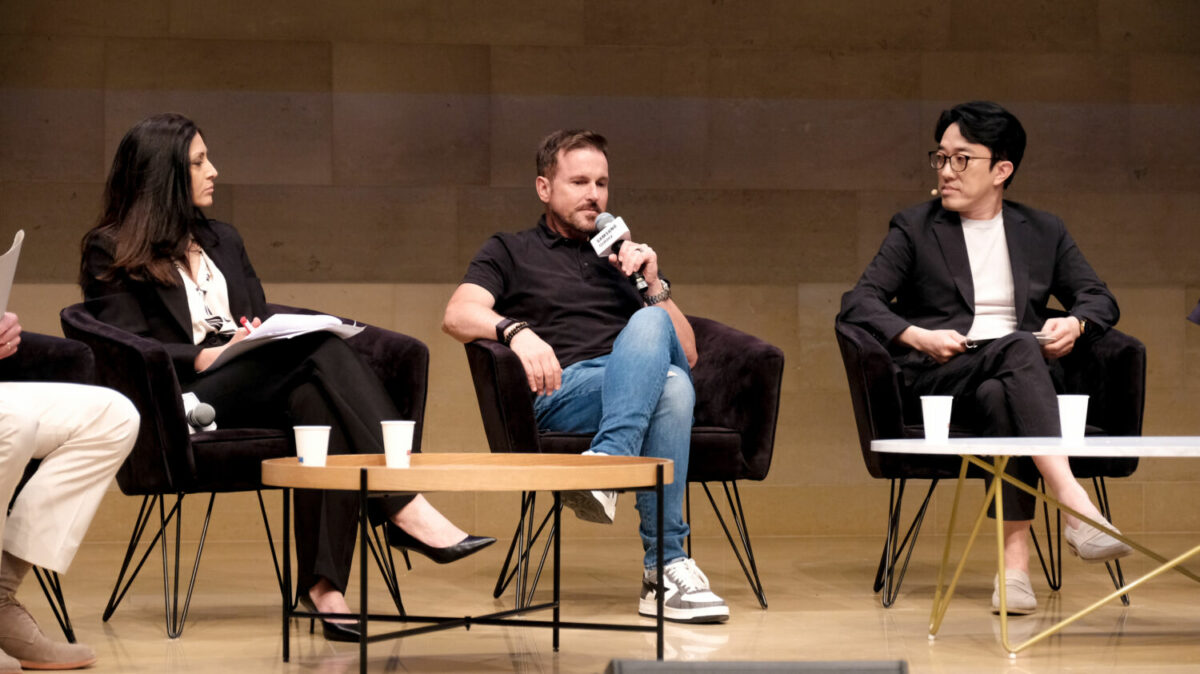Even as tech, software and a mix of other companies strive towards adapting artificial intelligence or AI into their products, and attempt to use it to enhance a way of life, Korean tech giant Samsung Electronics is already moving on to the next stage. After integrating AI into its flagship Samsung Galaxy S24 smartphone earlier this year, it is now focusing on a strong emphasis on a human-centric approach, of not what AI can do, but how people are using it for the better.
Compared to many rivals in the market, much of the AI integrations found on Samsung devices does feel seamless and unique as opposed to existing models or virtual assistants being software-based models without any hardware integration.

“From our perspective, AI is not longer an emerging technology.” noted Dr Won-Joon Choi, Executive Vice President of Samsung Electronics’ Mobile eXperience division, at its Salon d’AI AI media forum in Paris, alongside key partners Google and Qualcomm, on the sidelines of the launch of the Samsung Galaxy Z Flip 6 and Z Fold 6.
“It is no longer about ‘if’ people are using AI but rather, ‘how they are using it, And how much AI can provide our users with the real benefits in their daily lives.”

And Samsung would since with the upgraded AI features on the Galaxy Z Flip 6 and Z Fold 6, its Galaxy AI has been deployed on approximately 100 million devices, as it plans to hit 200 million by the end of the year.
“When we launch new features, some immediately caught customers’ attention. Over time, user engagement typically decreases, but we’ve noticed that the usage rate of Galaxy AI features remains consistently high,’ he explained.
One key feature of Galaxy AI, ‘Circle to Search’, was created in collaboration with Google.This allows users to search anything located anywhere on the screen, simply by circling the object. By merging Samsung’s expertise in user understanding with Google’s search capabilities, it has been able to sustain user interest over time, rather than have usage fall over time.
With ‘Circle to Search’ topping the list in sustained usage, it also reinforces the importance of collaboration with Google and other industry partners in creating the best experience for our customers, highlighted Choi.
“Moving forward, we aim to expand these collaborations to continue providing valuable features to our community.”
With the rise in concern over the use of AI and personal data security, especially in AI’s reliance on a learning model to improve, Samsung has addressed this through its hybrid AI approach, which allows for both on-device and cloud-based AI processing depending on user preference. On-device AI ensures data is processed within the device, reducing the risk of data leakage, while cloud-based AI leverages internet connectivity for more extensive processing capabilities.

Dr Daehyun Kim, Head of Samsung Research Global AI Center, emphasized, “The customer does not care about where AI computing happens as long as we provide the best experience to the customer. With Samsung as a mobile product company, we want to provide the best out of the two (between on device and cloud processing). Thus we choose the best AI features to deliver the best experience for the customer that’s why our collaboration with Google and Qualcomm is important.”
As a rule of thumb, anything that has a hint of Google would involve cloud processing whereas anything that’s done via Samsung’s apps would be on device. However, being able to discern between each might be tricky to the average consumer.
In conjunction with research instituition Goldsmiths, University of London, Samsung conducted a survey of 5,000 people across South Korea, the United States, Britain, Germany, and France to explore the impact of mobile AI on users, and itrevealed that mobile AI users are more likely to rate their quality of life as higher than those who do not use it.

Dr. Chris Brauer, Director of Innovation at Goldsmiths University of London and Chief Innovation Officer at Symmetry, shared findings from the Samsung Mobile AI Report and noted, “The data shows a potential AI divide forming, where some are embracing AI and seeing substantial quality-of-life benefits, while a minority who are reluctant to embrace it and that group reports lower life satisfaction.”
This also brings to light concerns about a growing AI divide, which is particularly concerning given that AI’s rising prominence, with tools like virtual assistant ChatGPT and text prompt-to-visual model DALL-E bringing generative AI to the forefront of public attention. The digital divide, wherein 30% of the world remains under- or not-connected, exacerbates this issue noted Don McGuire, Senior VP and Chief Marketing Officer at Qualcomm.

“You can’t use AI if you’re not connected (via device or cloud) so AI has the potential to further create this problem of the digital divide. Connecting the unconnected is crucial for bringing more access and accessibility to AI tools but we have to solve the fundamental issue of it first,” he said.
As the world races toward an AI-reliant future, it is clear that inclusive development and equitable access to AI technologies are essential. Samsung’s human-centric approach, coupled with efforts to bridge the digital divide, represents a step in the right direction to ensure that AI enhances the quality of life for all users.
Gerald currently straddles between his love of video games and board gaming. There’s nothing that interests him more than trying out the newest and fanciest gadget in town as well. He dreams of publishing a board game sometime in the future!














